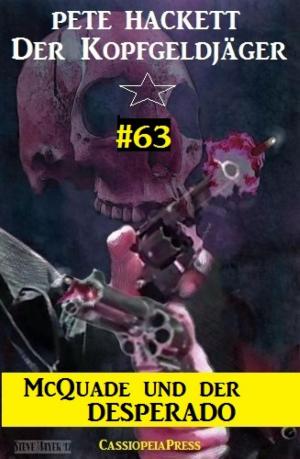| Author: | William Shakespeare | ISBN: | 9783730994535 |
| Publisher: | BookRix | Publication: | March 28, 2014 |
| Imprint: | Language: | English |
| Author: | William Shakespeare |
| ISBN: | 9783730994535 |
| Publisher: | BookRix |
| Publication: | March 28, 2014 |
| Imprint: | |
| Language: | English |
The play picks up where Henry IV, Part One left off. Its focus is on Prince Hal's journey toward kingship, and his ultimate rejection of Falstaff. However, unlike Part One, Hal's and Falstaff's stories are almost entirely separate, as the two characters meet only twice and very briefly. Much of the play focuses on Henry IV's age and his closeness to death. Falstaff is still drinking and engaging in petty criminality in the London underworld. Falstaff appears, followed by a new character, a young page whom Prince Hal has assigned him as a joke. Falstaff enquires what the doctor has said about the analysis of his urine, and the page cryptically informs him that the urine is healthier than the patient. Falstaff delivers one of his most characteristic lines: "I am not only witty in myself, but the cause that wit is in other men." Falstaff promises to outfit the page in "vile apparel" (ragged clothing). He then complains of his insolvency, blaming it on "consumption of the purse." They go off, Falstaff vowing to find a wife "in the stews"
The play picks up where Henry IV, Part One left off. Its focus is on Prince Hal's journey toward kingship, and his ultimate rejection of Falstaff. However, unlike Part One, Hal's and Falstaff's stories are almost entirely separate, as the two characters meet only twice and very briefly. Much of the play focuses on Henry IV's age and his closeness to death. Falstaff is still drinking and engaging in petty criminality in the London underworld. Falstaff appears, followed by a new character, a young page whom Prince Hal has assigned him as a joke. Falstaff enquires what the doctor has said about the analysis of his urine, and the page cryptically informs him that the urine is healthier than the patient. Falstaff delivers one of his most characteristic lines: "I am not only witty in myself, but the cause that wit is in other men." Falstaff promises to outfit the page in "vile apparel" (ragged clothing). He then complains of his insolvency, blaming it on "consumption of the purse." They go off, Falstaff vowing to find a wife "in the stews"















